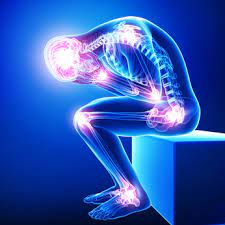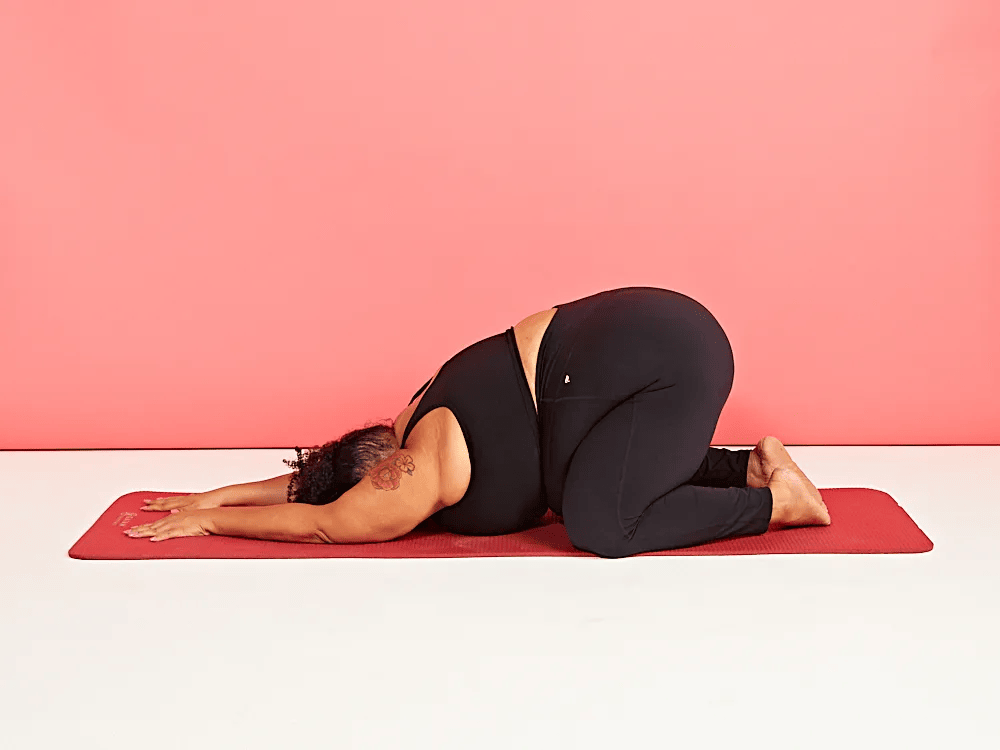Stress

What is stress?
An individual, for example when you have lots of responsibilities that you are struggling to manage.
Stress is a normal human reaction that happens to everyone. In fact, the human body is designed to experience stress and react to it. When you experience changes or challenges (stressors), your body produces physical and mental responses. That’s stress.
Stress responses help your body adjust to new situations. Stress can be positive, keeping us alert, motivated and ready to avoid danger. For example, if you have an important test coming up, a stress response might help your body work harder and stay awake longer. But stress becomes a problem when stressors continue without relief or periods of relaxation.

Stress doesn’t always look stressful.
Psychologist Connie Lillas uses a driving analogy to describe the three most common ways people respond when they’re overwhelmed by stress.
Foot on the gas. An angry, agitated, or “fight” stress response. You’re heated, keyed up, overly emotional, and unable to sit still.
Foot on the brake. A withdrawn, depressed, or “flight” stress response. You shut down, pull away, space out, and show very little energy or emotion.
Foot on both. A tense or “freeze” stress response. You become frozen under pressure and can’t do anything. You look paralyzed, but under the surface you’re extremely agitated.

What are the effects of stress on the body and mind?
Stress symptoms can affect your body, your thoughts and feelings, and your behavior. Knowing common stress symptoms can help you manage them. Stress that’s not dealt with can lead to many health problems, such as high blood pressure, heart disease, stroke, obesity and diabetes.
- Headaches
- Low energy
- Frequent colds and infections
- Chest pain and rapid heartbeat
- Insomnia
- Heart disease
- Low Sex drive
- High blood pressure
- Sadness

What is the best way to deal with stress?
- Cat-Cow Pose (Marjaryasana to Bitilasana) This pose allows you to connect your breath to your movements as you calm your mind and release stress. Allow your breath to guide each movement.

- Child’s Pose ( Balasana ) Child’s pose helps create an inward focus and restore energy. It also supports mental and physical relaxation.
- Antarmukhi kriya is very effective to prevent and distress you.

Why is stress more in women?
Looking at the ways men and women react to stress, researchers in Australia found that men tend to respond to stressful situations more aggressively than women do. “The aggressive fight-or-flight reaction is more dominant in men, while women predominantly adopt a less aggressive tend-and-befriend response,”Called “the stress hormone,” cortisol influences, regulates or modulates many of the changes that occur in the body in response to stress including, but not limited to: Blood sugar (glucose) levels. Fat, protein and carbohydrate metabolism to maintain blood glucose (gluconeogenesis) Immune responses.

Type of stress
Stress factors broadly fall into four types or categories: physical stress, psychological stress, Cognitive stress, and psycho-spiritual stress.
- Physical stress
Physical stress is a type of stress that affects the body. It occurs when a person experiences stress for an extended period of time, which can lead to changes in the body. Some symptoms of physical stress include muscle tension, headaches, and fatigue.
- Physiological stress
Physiological stress can be defined as any external or internal condition that challenges the homeostasis of a cell or an organism. It can be divided into three different aspects: environmental stress, intrinsic developmental stress, and aging.
- Cognitive stress
Cognitive stress refers to any kind of stress that affects a person’s brain or mind. Since stress is something you feel, most stress carries with it a cognitive component — after all, no one likes to feel stressed out or anxious.
- Psycho-spiritual stress
A crisis of values, meaning, and purpose; joyless striving (instead of productive, satisfying, meaningful and fulfilling work; and a misalignment within one’s core spiritual beliefs. Overall, improperly or ineffectively managed stress usually takes a toll on the body.
What are the 3 main types of stress?
- Acute stress.
- Episodic acute stress.
- Episodic acute stress.

Thoughts
- Anything that poses a challenge or a threat to our well-being is a stress.
- There are many causes of Stress. Few are family problems, job, financial problems, relationship problems, illness etc.
- Doctors will not usually prescribe medications for coping with stress, unless the patient has an underlying illness, such as depression or some type of anxiety.
- A stress condition can be real or apparent.
- Stress is created by what we think rather than by what has actually happened.
- It is also created by what we think rather than by what has actually happened.
- There is no doubt that it would be much better to live without it. cannot always control the conditions of your life and circumstances, but you can learn to choose not to be influenced by them too much.
- It harms life, ambitions, relationships and health.






